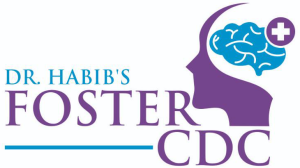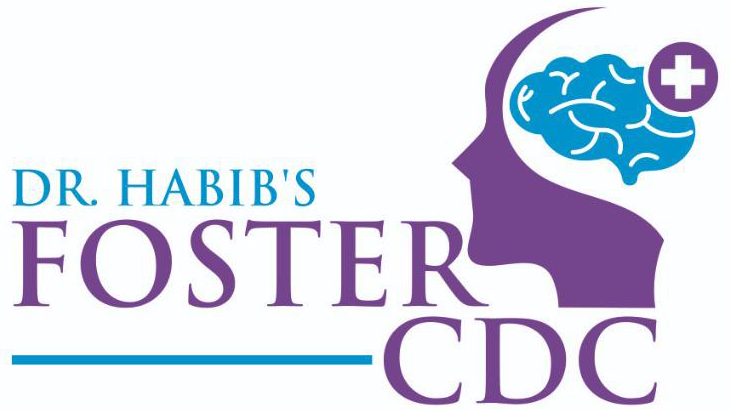Vitamin B12 Deficiency in children
The deficiency of vitamin B12 in adults is a very slow process as the normal vitamin B12 storage capacity of an adult’s liver is approximately 2500 mcg. Newborns’ stores of vitamin B12 are only 25 mcg – which is somewhat enough to meet their metabolic requirements during their first year of life. However, there is a risk of vitamin B12 deficiency in infants who are exclusively breastfed and who are born to mothers with vitamin B12 deficiency due to any of these several causes – malnutrition, severe abdominal infection, celiac disease, vegetarianism, severe autoimmune pernicious anemia, Crohn’s disease, Helicobacter pylori infection, and eating disorders. Such infants may have significantly less stored B12 and therefore, they are at increased risk of developing deficiency within the first year of their life.
Complications Associated with Vitamin B12 Deficiency
Young infants can suffer from severe vitamin B12 deficiency. When the deficiency becomes very severe, they may get to the emergency department on arrival. The condition is diagnosed with gross brain atrophy as demonstrated by MRI. In such a severe case, the child cannot eat, drink or walk and may also lose consciousness. Many children can walk, eat and drink as usual after successful treatment. A few months after the treatment all the structural abnormalities may disappear, but nerve damage may not be reversed in some cases. When this happens, the growing years of the child may become challenging with poor psychomotor functions, mental retardation, poor concentration, learning and language disabilities, and other neurological issues.
The Case Study of a child diagnosed with Severe Vitamin B12 Deficiency
“When a 15-month-old child was diagnosed with severe vitamin B12 deficiency he had very low B12 levels with grossly elevated urinary methylmalonic acid and cerebral atrophy as revealed by MRI of the brain. The child had a developmental delay with failure to thrive. When this child was treated with vitamin B12 therapy, he was somehow managed to improve his gross motor skills, expressive language, receptive language, and developmental progress, but continued to have developmental delays in speech and language.
The Role of Prenatal Vitamins is not Sufficient
If a pregnant woman has a vitamin B12 deficiency, prenatal supplementation is given to correct it, but they do not decrease the risk of significant deficiency as the vitamins do not contain enough concentration of vitamin B12 to correct the pre-existing deficiency. In addition, women are not screened for vitamin B12 deficiency before conception, during and after pregnancy, and also during the breastfeeding period. As with folic acid, vitamin B12 deficiency is also linked to miscarriages, preeclampsia, and neural tube defects. Most obstetricians give preference to folic acid levels during pregnancy. All these factors may lead to vitamin B12 deficiency during pregnancy. Therefore, pregnant women who are on a vegetarian diet should take all cereals and grains fortified with vitamin B12 and folic acid to reduce birth defects and complications related to vitamin B12 deficiency.
How to prevent the deficiency of vitamin B12?
Sources of vitamin B12 include meat, liver, eggs, fish, cheese, milk, etc.
There are lots of options available to prevent the deficiency of vitamin B12 even if you are a vegetarian. For someone whose health is not permitting the absorption of vitamin B12, then it would be better to consult a doctor and follow the treatment and the diet he or she suggests. Vegetarians and vegans should make changes in their eating habits. They should incorporate vitamin B12 fortified foods to ensure adequate intake. If they don’t they may suffer from a deficiency. There are some health conditions, such as celiac disease, Crohn’s disease, parasitic infections, pernicious anemia, and other severe infections that make a person deficient in vitamin B12. It is, therefore, better to approach a doctor and get the treatment done for such conditions.
Bottom Line
The brain atrophy that develops due to severe vitamin B12 deficiency can be revealed by MRI scans. Vitamin B12 deficiency in children can be mostly reversed after a successful vitamin B12 therapy and supplementation. However, many parents miss a diagnosis, or sometimes, even physicians fail to diagnose the cause. And in some cases, the condition is diagnosed late. If it happens, then it may lead to permanent intellectual disability, cognitive and language impairment, learning disability, and mental retardation in children.


